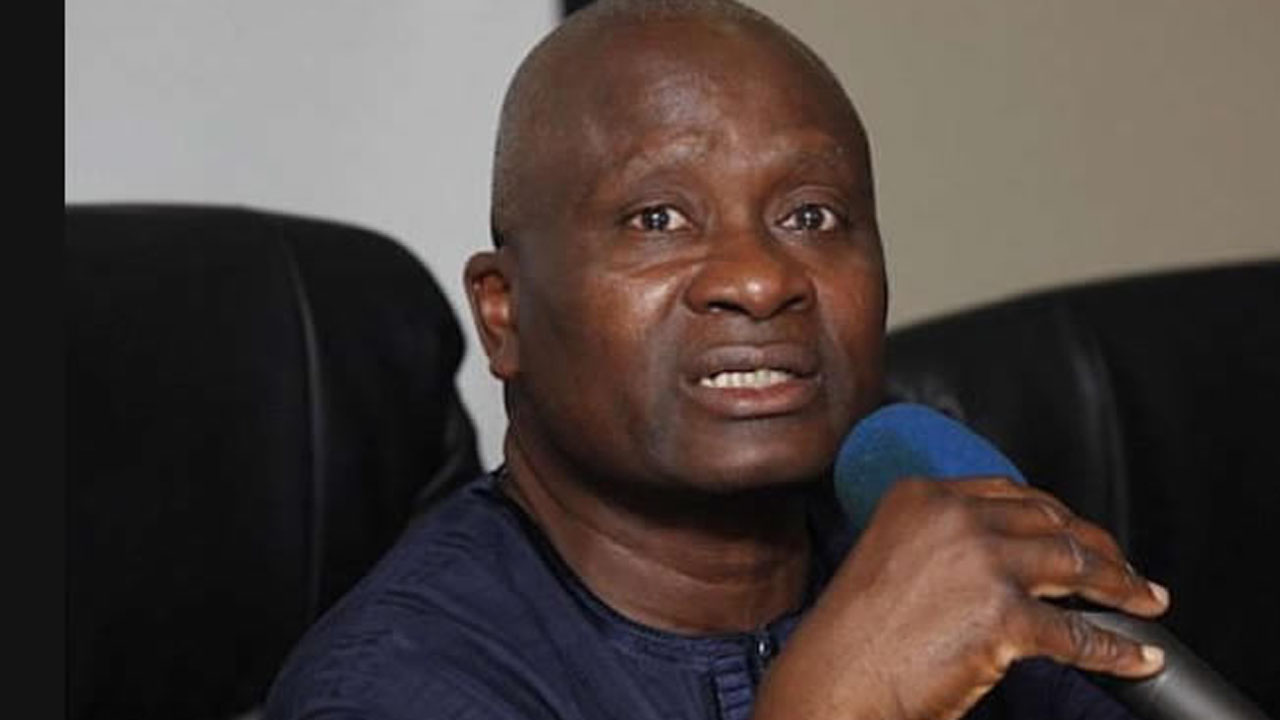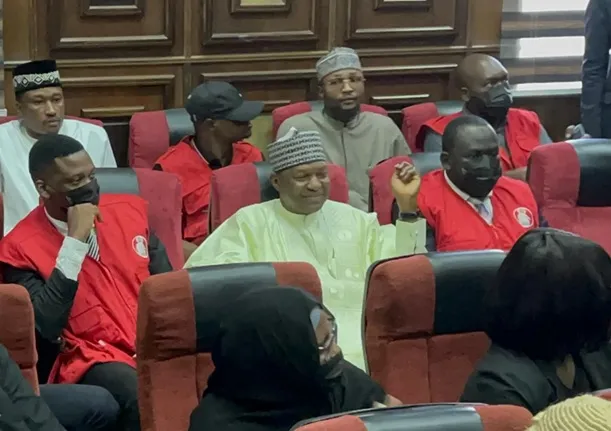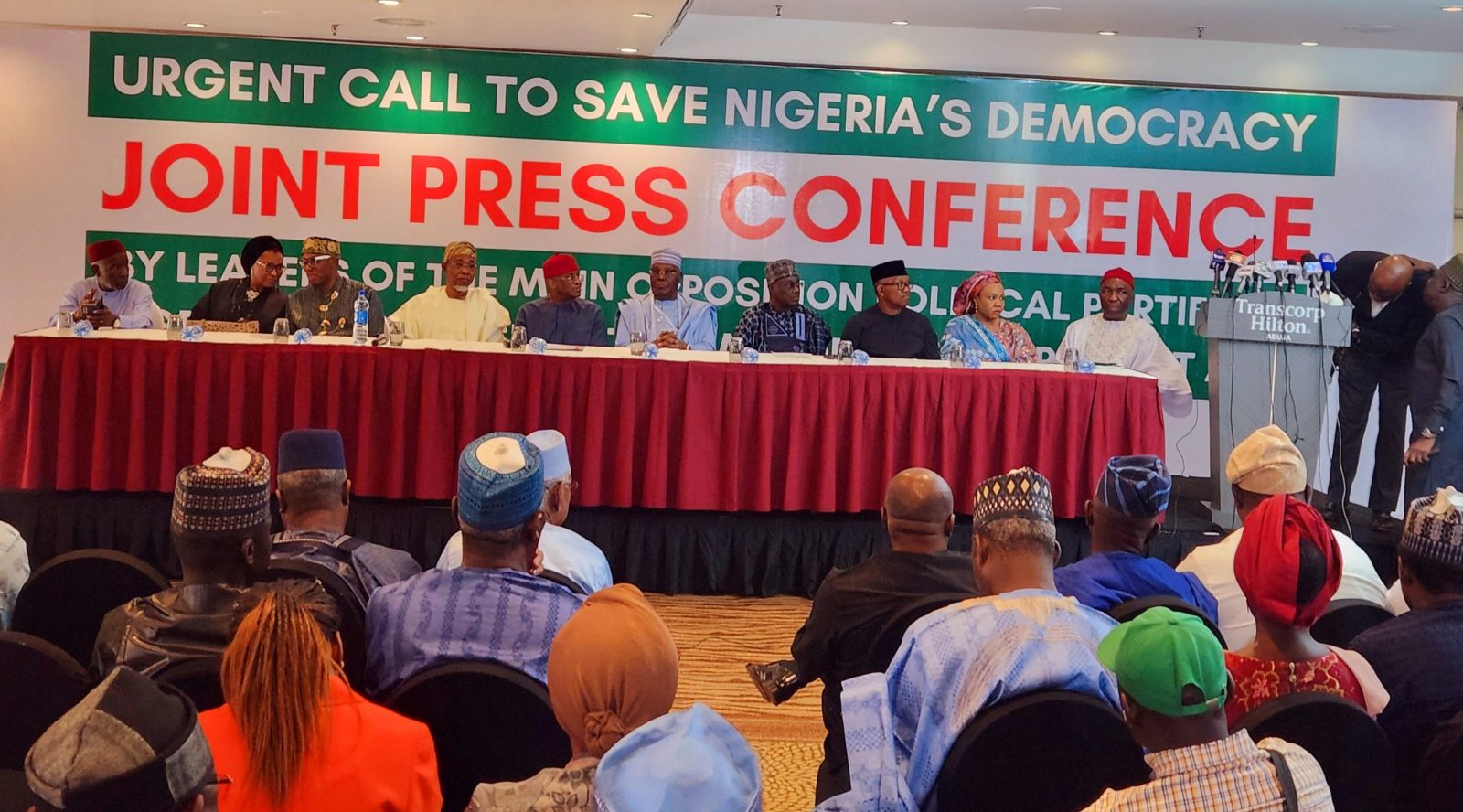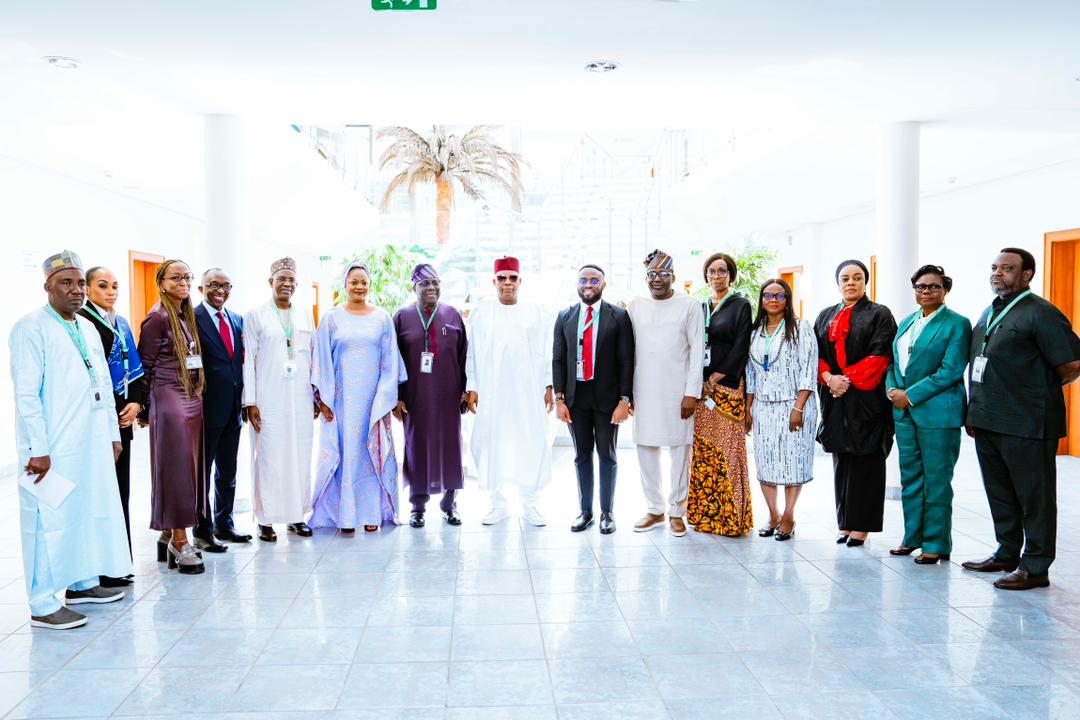Amid a global vaccine shortage, the Federal Government says it has sought urgent assistance from the Global Alliance for Vaccines and Immunisation (GAVI) to secure emergency supplies of oral cholera vaccines to combat the ongoing outbreak in Nigeria.
The Director-General of the Nigeria Centre for Disease Control and Prevention (NCDC), Dr. Jide Idris, disclosed this in Abuja that Prof. Muhammad Ali Pate, the Coordinating Minister of Health and Social Welfare, is spearheading negotiations with the GAVI.
The NCDC’s announcement of a surge in cholera-related deaths, as well as the outbreak’s expansion to all 32 states and 115 local government areas across the country, coincided with the development.
Nigeria is using three oral cholera vaccines that have been approved by the World Health Organization (WHO).
The vaccines are Dukoral, Shanchol, and Euvichol-Plus.
For complete protection, two doses of any of the three WHO-approved oral cholera vaccines (Dukoral, Shanchol, or Euvichol-Plus) are necessary, and they are typically reserved for individuals or groups at higher risk, such as those traveling to areas with ongoing cholera outbreaks or residents of areas currently experiencing an outbreak.
On the request for emergency doses of the cholera vaccine, Idris said: “GAVI, a global health partnership, plays a pivotal role in improving access to vaccines in low-income countries. Through these negotiations, Nigeria aims to secure an emergency supply of cholera vaccines to curb the outbreak.
“Cholera vaccines are not stocked in our public facilities, though they are available in limited quantities in the private sector.
“But vaccines alone are not the only preventative measures we have at the moment; we must also ensure environmental cleanliness and proper hand hygiene.”
Idris further clarified that a worldwide surge in demand for cholera vaccines has resulted in a critical shortage, which has severely impacted efforts to contain outbreaks in areas where cholera is common, such as Nigeria, despite the limited availability of vaccines.
He said: “Poor sanitation, inadequate clean water supply, and limited healthcare infrastructure have exacerbated the spread of the disease, but in response to the crisis, the NCDC has intensified its public health campaigns, emphasizing hygiene practices and the importance of clean water.
“However, these measures alone are insufficient without adequate vaccination coverage. The shortage of vaccines has hampered mass immunization campaigns, crucial for preventing the spread of cholera.
“The situation in Nigeria underscores broader issues of global health equity and preparedness. It highlights the necessity for increased vaccine production and distribution infrastructure investment.”
Idris emphasized the need for enhanced global cooperation to ensure timely delivery of life-saving vaccines to those who need them most, particularly in light of the severity of the situation, which has necessitated the ordering of additional vaccine doses.
He expressed disappointment that cholera, a diarrheal disease transmitted through contaminated water or food, continues to pose a significant health risk in Nigeria, causing widespread illness and death across multiple states and straining healthcare resources.
Nigeria was approved for over 3.5 million oral cholera vaccine doses by the World Health Organization (WHO) in 2021, and in 2022, the country requested an additional nine million vaccine doses. The effectiveness of the cholera vaccine depends on the specific vaccine and the number of doses administered, varying from one vaccine to another.
According to experts and WHO guidelines, a single dose of the cholera vaccine provides protection, but two doses are typically more effective.
While the protection lasts for at least three years, a booster dose may be necessary in the third year for young children who received only one dose to maintain effective protection against the disease.






















Leave a comment